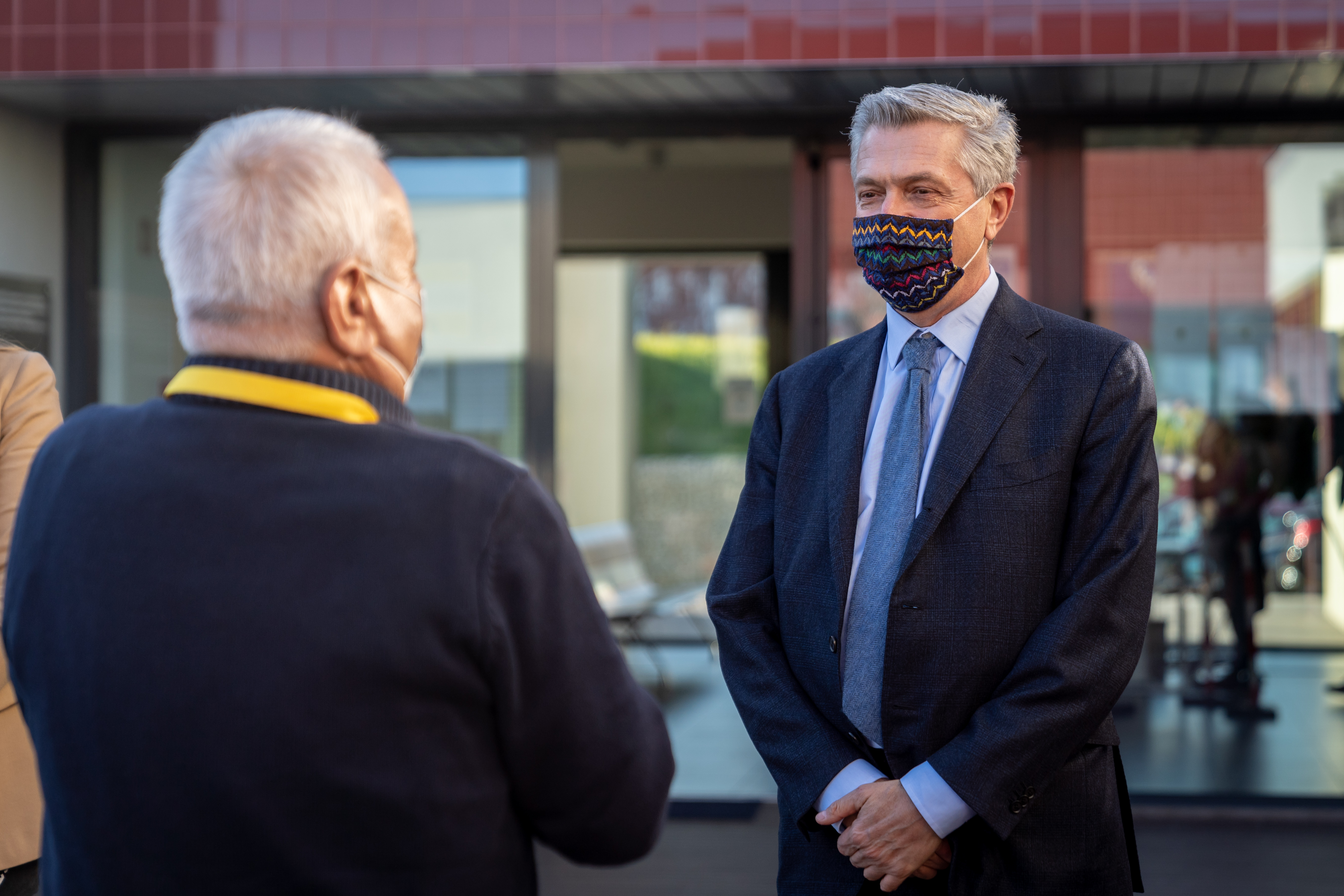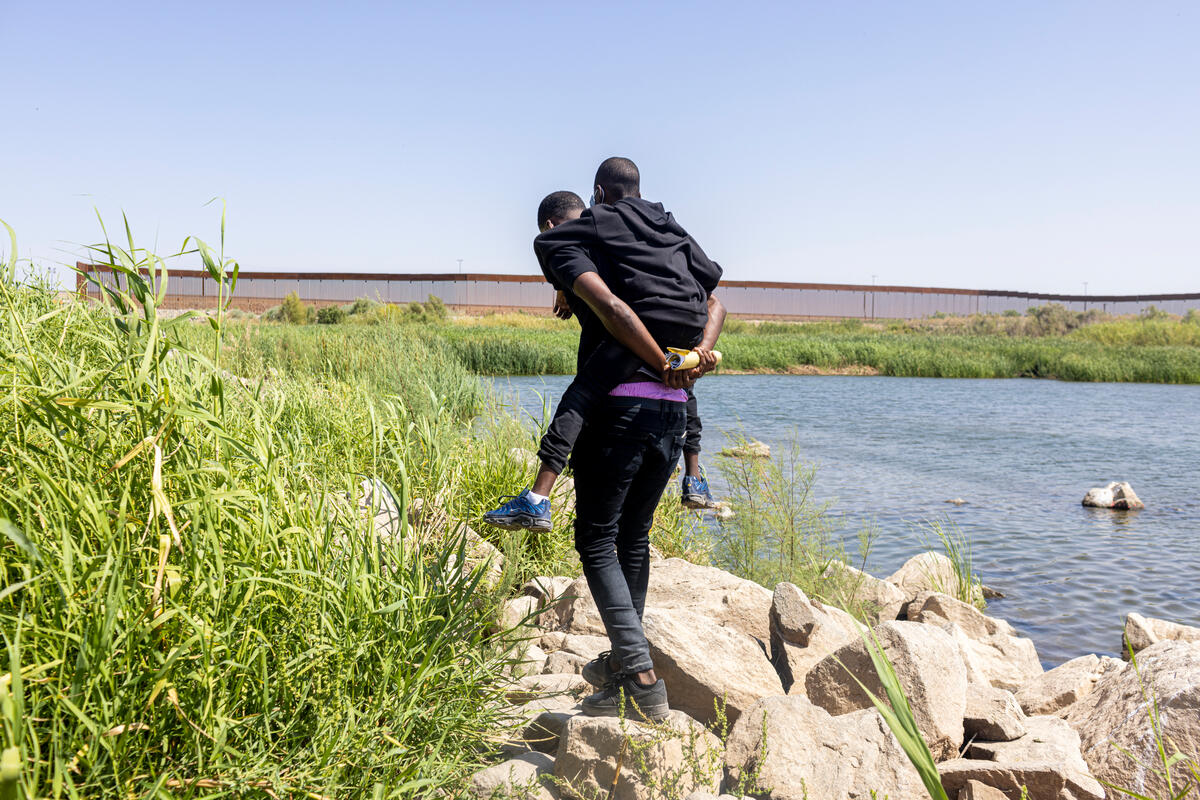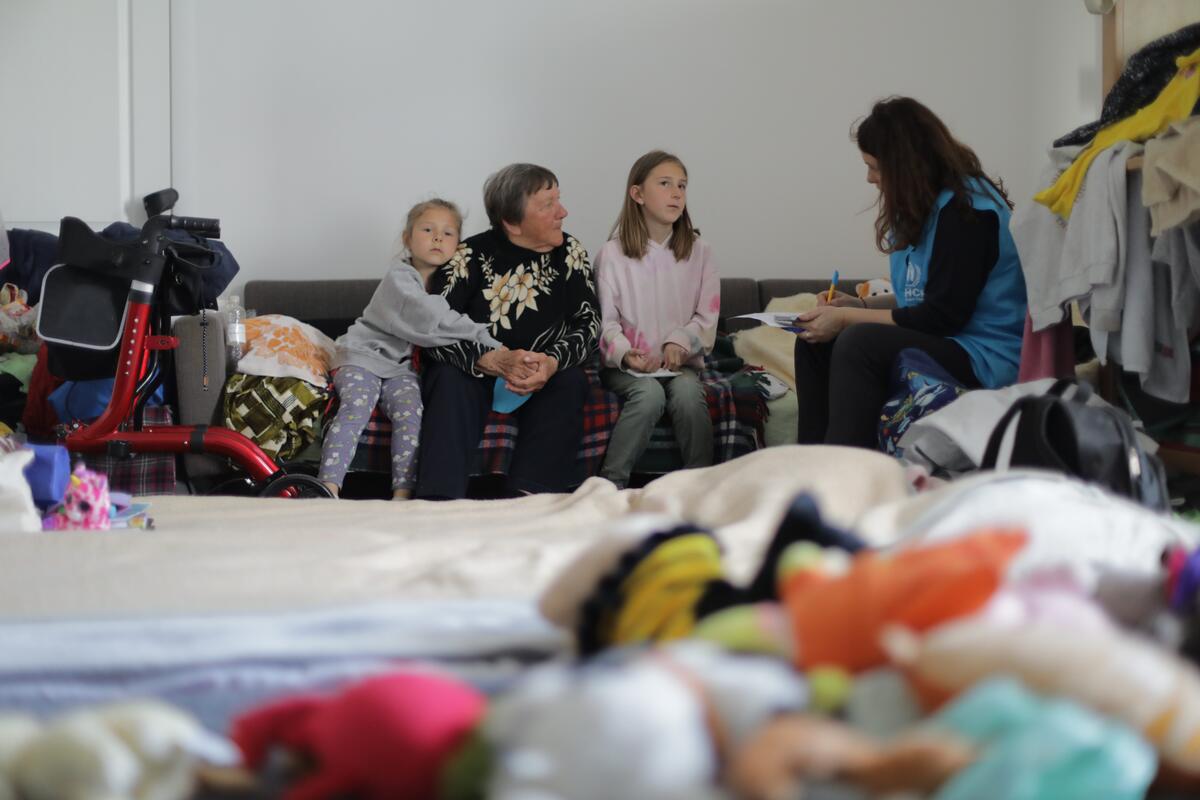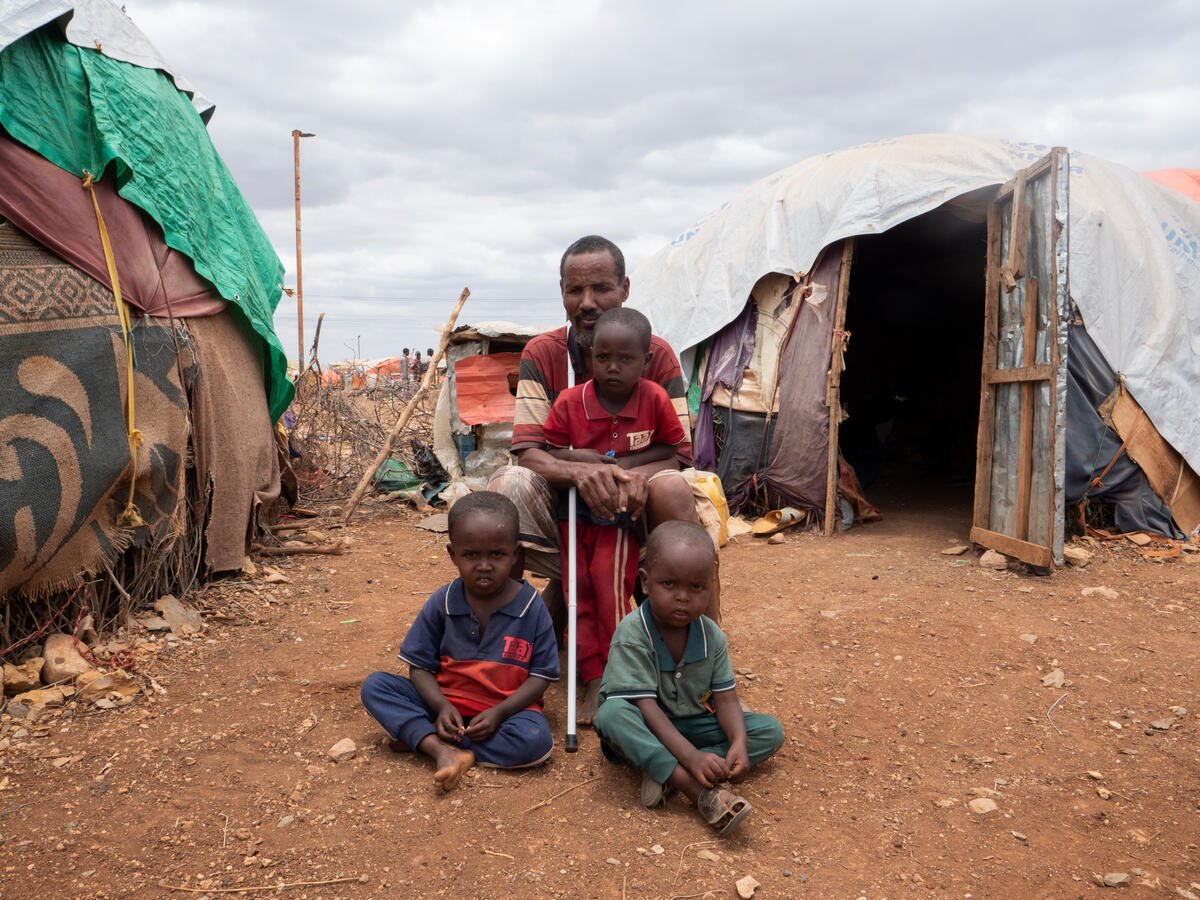UNHCR's Grandi concludes visit to Lisbon, commends Portugal's longstanding commitment to refugee protection as the country takes over the EU Presidency
UNHCR's Grandi concludes visit to Lisbon, commends Portugal's longstanding commitment to refugee protection as the country takes over the EU Presidency

Concluding his first visit to Portugal, UN High Commissioner for Refugees Filippo Grandi commended the country’s exemplary refugee policies over the years. Portugal has consistently been a champion of the refugee cause.
The country’s efforts to uphold refugee protection principles and processes were particularly remarkable during the challenging time of the coronavirus pandemic.
“While some countries shut their doors and imposed restrictions hindering access to territory and asylum for people fleeing violence and persecution, Portugal took exemplary steps to safeguard the rights of refugees early on in the COVID-19 pandemic,” said Grandi.
Best practices put in place by Portuguese authorities include exemption of asylum-seekers from border restrictions to ensure access to territory, extending the validity of documents and providing access to healthcare, employment, social benefits and financial services.
The High Commissioner’s visit included meetings with senior government officials, refugees and members of civil society. The High Commissioner also visited the National Immigration Support Center (CNAI) managed by Portugal’s High Commission for Migration.
During the visit, Grandi also praised Portugal’s active engagement in international solidarity programmes.
“We are impressed by Portugal’s engagement in responsibility-sharing mechanisms, including resettlement, relocation of unaccompanied children and other, bilateral arrangements, as well as its continued advocacy to find a permanent and predicable approach to solutions at the EU level,” Grandi said.
In addition, Portugal makes available – through a Global Platform – academic assistance to Syrian university students. Since 2013, Syrian students benefited from some 650 scholarships through this scheme.
In recent years, the number of asylum applications in Portugal has increased, adding pressure to the country’s reception capacity and integration structures. Grandi reiterated the importance of adequate reception and longer-term integration of refugees in the country.
He discussed the country’s pledges made at the Global Refugee Forum in Geneva in December 2019. One year on, significant progress has been achieved with nearly half of the pledges already implemented. These include the adoption of a comprehensive and accessible language training programme to facilitate refugee integration and the creation of a single coordination mechanism encompassing all refugee issues.
UNHCR is also working closely with non-government organizations, including the Portuguese Refugee Council (CPR). The Council plays a key role in the reception of refugees, running several reception centres for asylum-seekers, unaccompanied and separated children, and resettled refugees.
The High Commissioner visited the CPR refugee reception centre in Loures, north of Lisbon, where he met with some 50 recently arrived resettled refugees and refugee staff who thanked Portugal for the hospitality. The High Commissioner wished them a successful integration in their new home.
Grandi welcomed the start of the Portuguese rotating EU Presidency and expressed his full support to the Portuguese’s efforts to advance the negotiations and reach an agreement on the EU Pact on Migration and Asylum.
The High Commissioner encouraged Portugal to also promote Europe’s strategic engagement, through humanitarian and development aid, with major refugee hosting and transit countries, and to step up its own humanitarian contributions to aid programmes.
For more information on this topic, please contact:
- In Portugal, Ana Sofia Barros, barrosa@unhcr.org
- In Geneva, Andrej Mahecic, mahecic@unhcr.org, +41 79 642 9709
- In New York, Kathryn Mahoney, mahoney@unhcr.org, +1 347 443 7646









